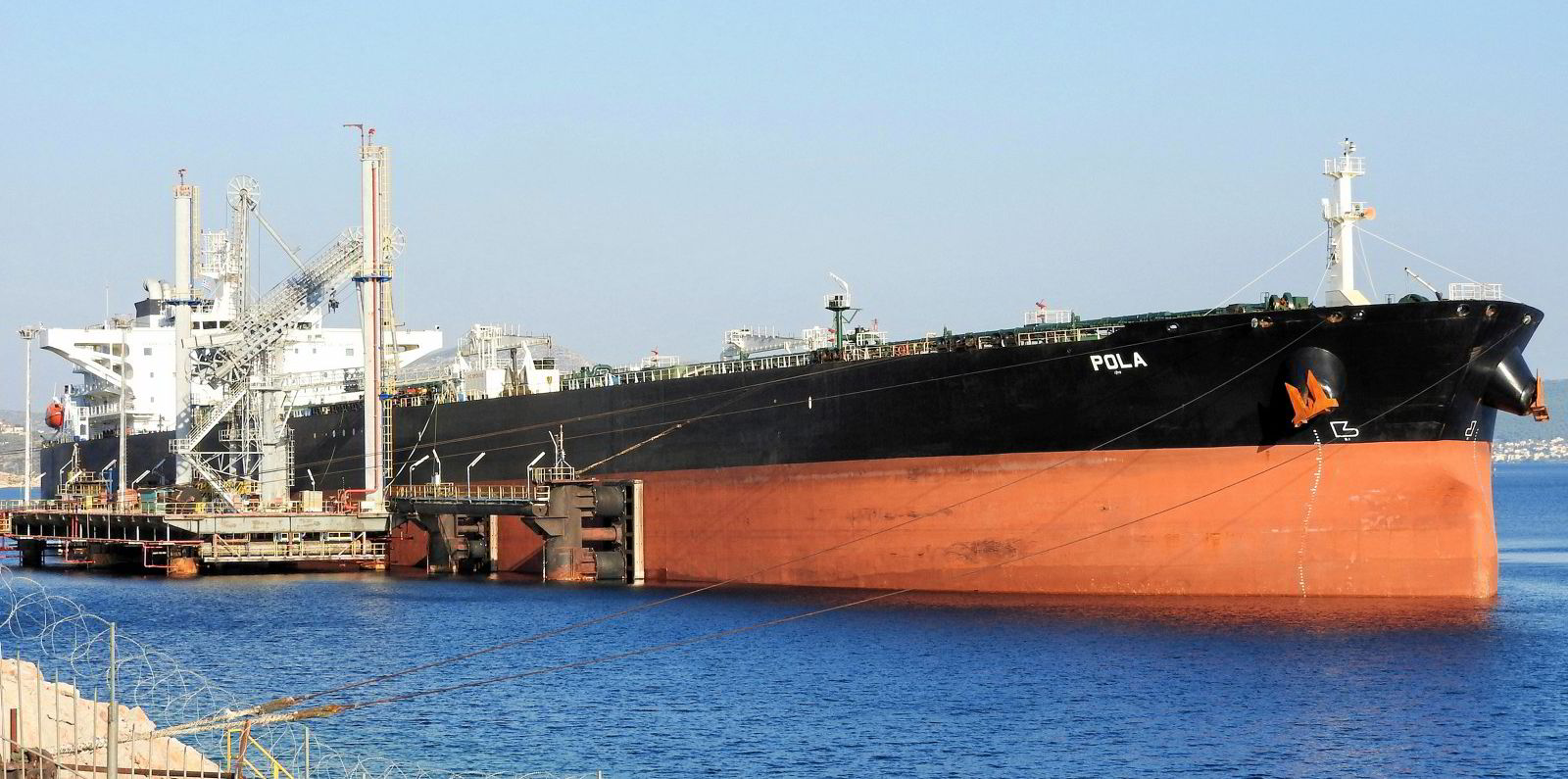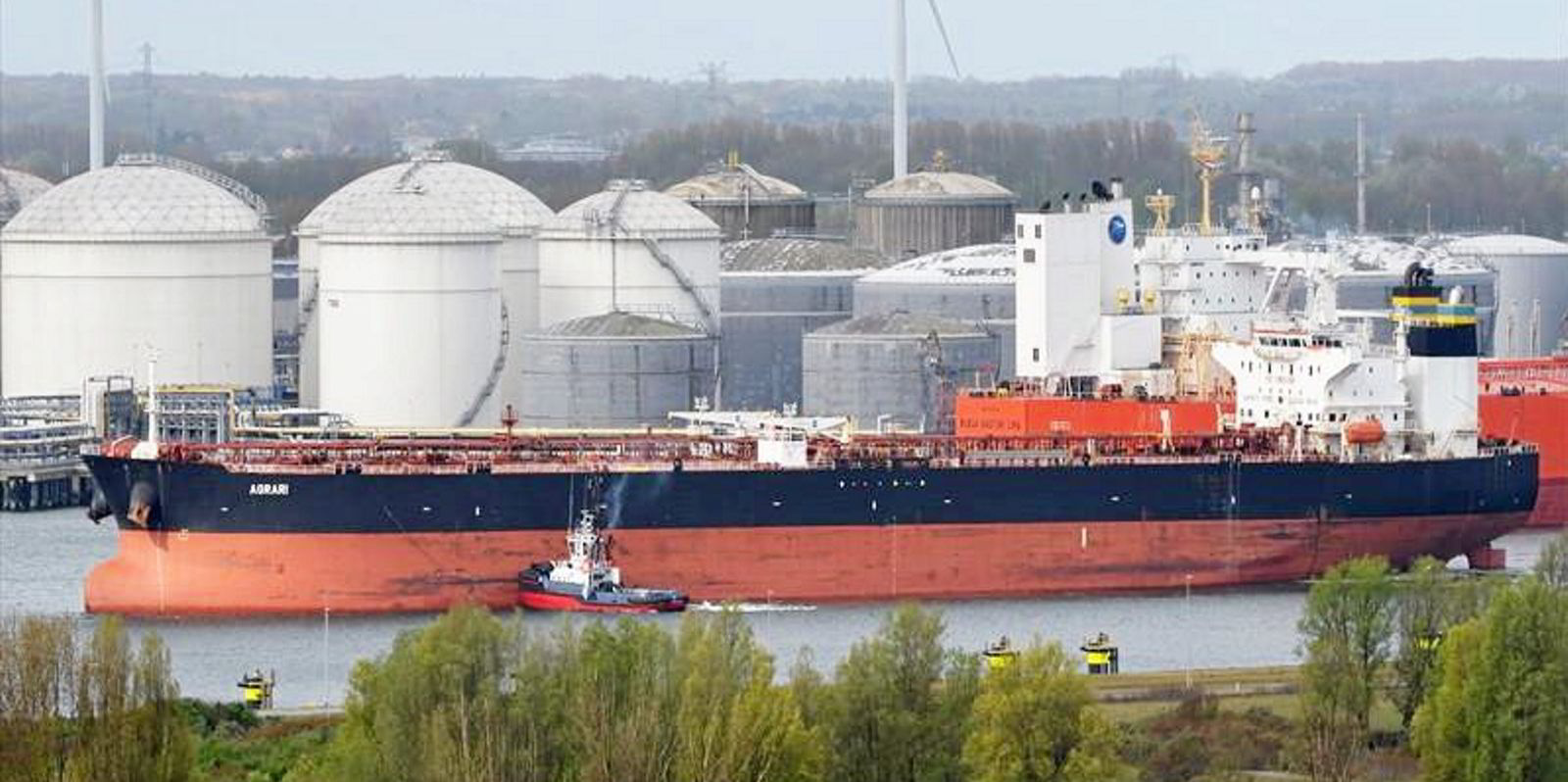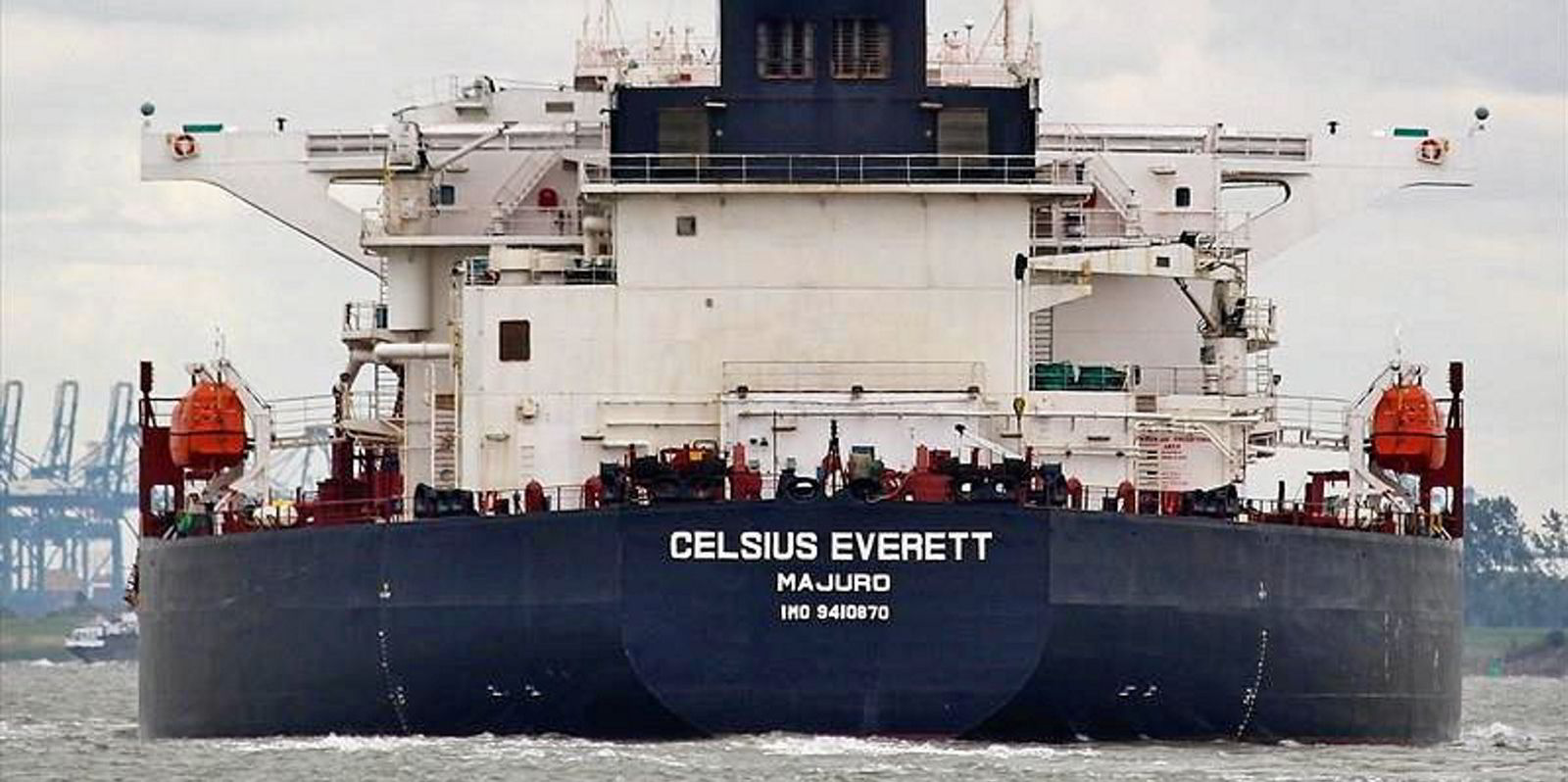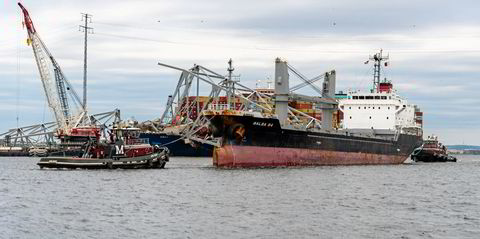Iraq has confirmed an unexploded limpet mine has been found on a tanker in the Middle East Gulf.
Crew aboard the 150,000-dwt Pola (built 2011) discovered a "suspicious object" on its hull on 27 December, later confirmed to be an explosive device, maritime security consultancy Dryad Global said last week.
The mine was discovered while the Pola was conducting a ship-to-ship transfer about 11km (6 nautical miles) south of Iraq's Al Basrah Oil Terminal.
"Whilst details remain unclear it is unknown whether the device found was viable and thus failed to explode or was placed as a 'dry run'," Dryad said.
Iraq’s Security Media Cell, which is affiliated with the country’s security forces, said Iraqi bomb explosives experts are working to defuse the large mine and evacuate its crew.
The Iraqi statement said the mine had been attached to a tanker that was refuelling another vessel.
Iraq’s naval forces were making "a great effort to accomplish the mission" safely, it added.
This was the first official Iraqi confirmation of the incident.
The ship is owned by Overland Enterprise, which shares an address with commercial manager Dynacom Tankers Management. The tanker is flagged in Liberia and insured by North P&I Club.
According to VesselsValue, the ship has been on a floating storage contract since November.
Previous incidents
Limpet mines were the alleged method of choice for Iranian forces attacking tankers in the summer of 2019, most notably against the 110,000-dwt Front Altair (built 2016) and the 27,000-dwt Kokuka Courageous (built 2010).
The attack cost the Front Altair's owner, John Fredriksen-backed Frontline, a total of $6m, including $2.3m from repairs and $3.7m in loss of hire.
The attacks were part of a larger swathe of security issues that prompted the US and European nations to send military forces to the region to try to ensure freedom of navigation.
Mines were also used in two recent on tankers in Saudi Arabian waters in the Red Sea, one on the 107,000-dwt Agrari (built 2009) in November and another on the 76,600-dwt BW Rhine (built 2008) last month.
Dryad said both attacks were carried out by Iran-backed Houthi rebels fighting a civil war in nearby Yemen.
A similar incident took place on 3 October, when the Eastern Mediterranean Maritime-managed 105,300-dwt aframax Syra (built 2010) was hit by submersible explosive device while at Rudhum, Yemen.
In relation to the Pola incident, Dryad said that tensions in the region "remain fraught" given the incoming inauguration of President-Elect Joe Biden on 20 January and the upcoming anniversary of the US killing of Iranian Revolutionary Guard Corps commander Qasem Soleimani.
"The corresponding risk within the region to all vessels is assessed to be substantial," the security consultancy said.
"All vessels are encouraged to operate at a heightened posture of vigilance whilst at anchor and in transit and are reminded to report all suspicious activity to [UK Maritime and Trade Operations]."






